The AFC Champions League Elite League finals begin: East and West Asia showdown, much more than trophies

The reporter reported coldly In the early morning of April 26, Beijing time, the final stage of the AFC Champions League Elite League will start in Jeddah, Saudi Arabia. Saudi Arabia won the right to host the first tournament, and its three giants, Riyadh Crescent, Riyadh Victory and Jeddah Nationals, took advantage of the time and place, and they were determined to win the championship. Saudi Arabia is also hoping to take the lead in the AFC Champions League before hosting the 2031 Asian Cup and the 2034 World Cup, and use it as a precursor to its "football rejuvenation" strategy.
But how can East Asian football easily "bow down"? Although the special tournament system is very unfavorable to Japanese and South Korean teams, the two major leagues are still going all out under the existing conditions and strive to win the "right to breathe" for East Asian football. The J-League chartered flights for the two participating teams to travel to Saudi Arabia with an unprecedentedly large delegation. Even the Yokohama Mariners, who had just changed their coach and were led by interim coach Kisnobo for the first time in the J-League, were aiming to win the championship. Gwangju FC of the K-League also released a specially filmed documentary last night to motivate the team, and also shouted the slogan of fighting for the championship.
Japanese and South Korean media particularly emphasized that West Asia, especially Saudi Arabia, has gradually formed a monopoly advantage in Asia in terms of its league influence and hosting events, and if they are allowed to easily monopolize the final stage of the first AFC Champions League after the restructuring, it will strengthen the pattern of "Saudi Arabia dominance". For East Asian teams, this unprecedentedly difficult AFC Champions League "away title" is not only about the trophy, but also about the East Asian team's right to speak in Asian club competitions.
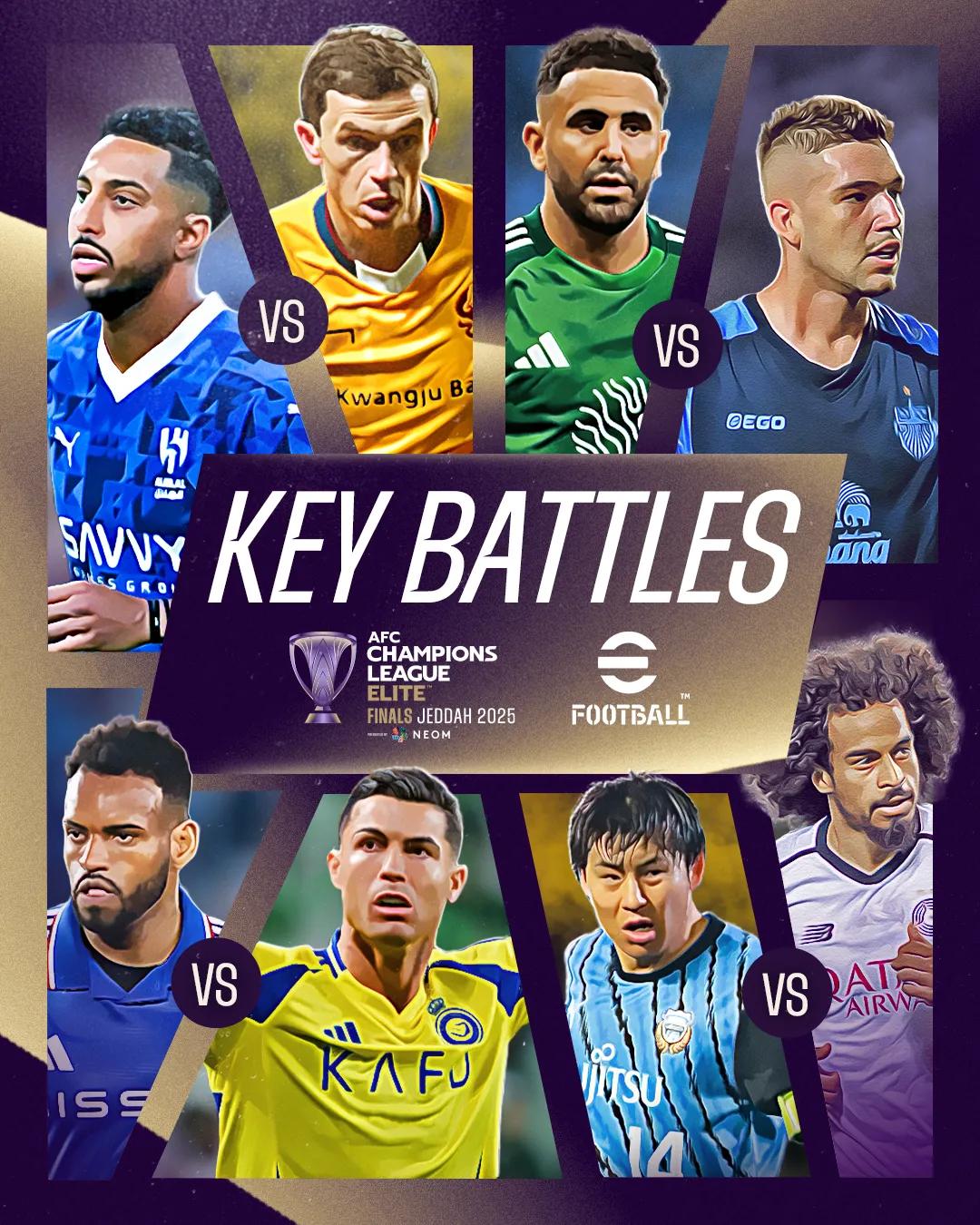

The J-League attaches great importance to this battle of strength and honor in East and West Asian football. Not only did it facilitate the teams participating in the AFC Champions League early in the schedule, but this time it also took the initiative to coordinate a charter flight for the participating Yokohama Mariners and Kawasaki Frontale, and on April 22, the two teams took the same charter flight to Jeddah, which did not have a direct flight, and the journey was shortened to 14 hours. The J-League officials, staff, and delegations of the two teams on the same plane numbered 300 people, and the charter cost was 150 million yen (about 1.05 million U.S. dollars), setting a record for a Japanese team to play overseas. Chefs Terushi Nishiyoshi and Tai Ryū Hirata, who have played abroad with the Japanese national team many times, accompanied him, and also brought a large number of local ingredients to provide sufficient logistical support.
Traditional Japanese giants Yokohama Mariner got off to a poor start to the season, going seven games without a win in 10 years for the first time in 10 years and finishing bottom of the J-League for the first time in 23 years. The team just fired England manager Holland on April 18, and there is also a lack of injured J-League winter window champion Quiñones. Despite this, captain Takuya Kita also said that winning the first AFC Champions League title in team history is still the team's goal. Kawasaki Frontale is also missing three main players such as midfielder Shota Oshima, Ken Tachida and Brazilian foreign defender Gerhir, and coach Mori Hasebe, who just celebrated his 54th birthday in Saudi Arabia, still said that the team's goal is to reach the semi-finals of the AFC Champions League for the first time in team history.
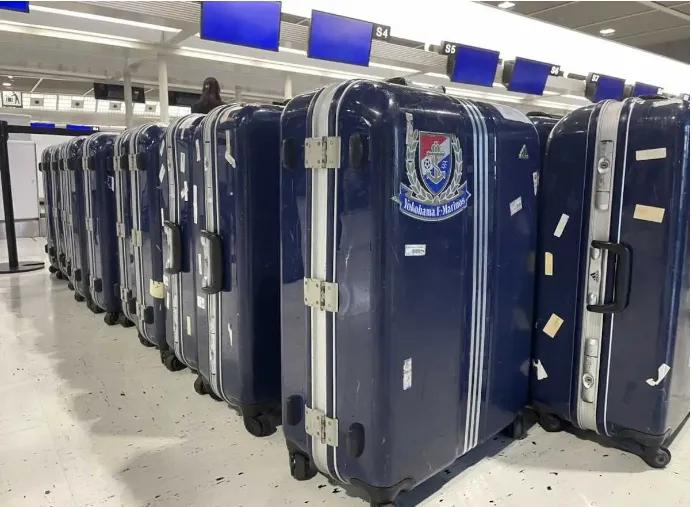
Gwangju FC is the only representative of the K1 League, and despite the huge gap with the quarter-final opponent Riyadh Crescent, coach Lee Jung-hyo also said that he will fight for the championship. In order to go all out, Park Tae-jun, the main midfielder of Gwangju FC, who was originally scheduled to enlist in early April for military service, was also approved by the South Korean Military Affairs Agency to postpone his enlistment to June. On the evening of the 24th, Gwangju FC premiered the documentary "1% Like, 99% Faith" on tvN SPORTS to swear for the 1/4 finals of the AFC Champions League Elite League.
The latest odds to win the championship, Saudi Arabia's top three Riyadh Crescent (2.00), Riyadh Victory (4.50), and Jeddah National (5.00) lead by an absolute advantage, and the three teams of Japan and South Korea are all far away at 13.00. The top three Saudi Arabian giants in the top three of the top eight are fighting locally, taking advantage of the right time, place and people, but football has never been a direct "comparison of size" in value, and if you don't believe in miracles, there will be no miracles. At least the three teams of Japan and South Korea have never been cowardly before fighting ideologically.
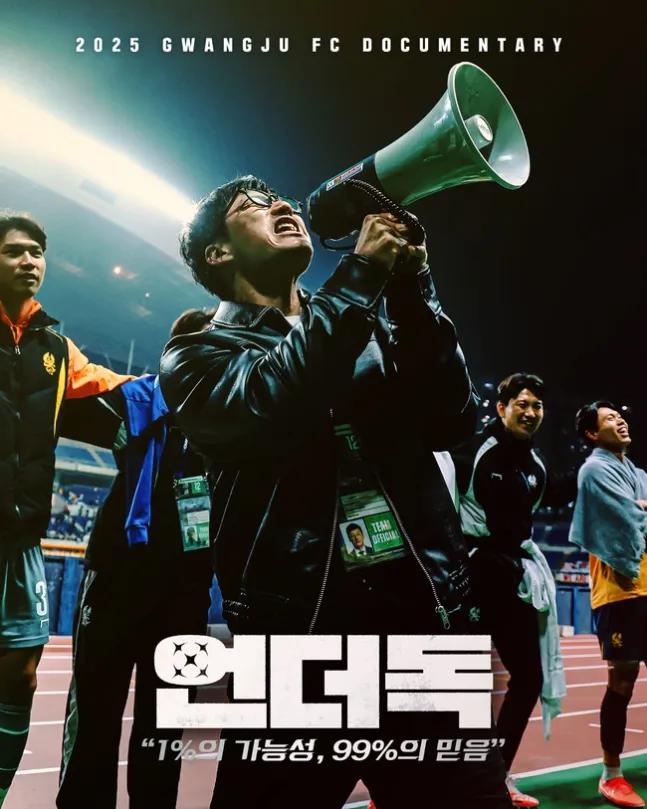

This is the AFC Champions League quarterfinals, the largest gap between East and West Asian teams in history from team value to annual salary. The Riyadh Crescent, who played first on Saturday night, is worth 180 million euros, while the opponent Gwangju FC is only 8.6 million euros, a difference of 21 times. The annual salary of the Riyadh Crescent team reached 280 billion won (about 1.42 billion yuan), and the total annual salary of the Gwangju FC team was 9.7 billion won (about 49.4 million yuan), a difference of 30 times. The Riyadh Victory team led by Cristiano Ronaldo is worth 175.7 million euros, and the opponent Yokohama Mariners is only 17.18 million euros, a difference of more than 12 times. Jeddah Nationals, who are really playing at home, are worth 170 million euros, which is 12.3 times that of their opponent Buriram United (13.85 million).
However, the three teams of Japan and South Korea still insist on going all out, in addition to the huge prize money and the temptation of the Asian championship trophy, the more important thing is to prove the strength and value of the Japanese and Korean leagues.
The quarterfinals of the AFC Champions League are handsome, with $600,000 for semi-finals, $4 million for runners-up and $10 million for champions. Gwangju FC, which ranks 7th in the K1 league budget, has received a bonus of 1.8 million US dollars in the AFC Champions League Elite League, including a league appearance fee (800,000), a league stage winning bonus (400,000 for 4 wins), a knockout (200,000) and a quarterfinals (400,000) promotion bonus, which is equivalent to 1/4 of the total annual salary of the whole team and 5 times the K1 league championship bonus (about 350,000 US dollars)!
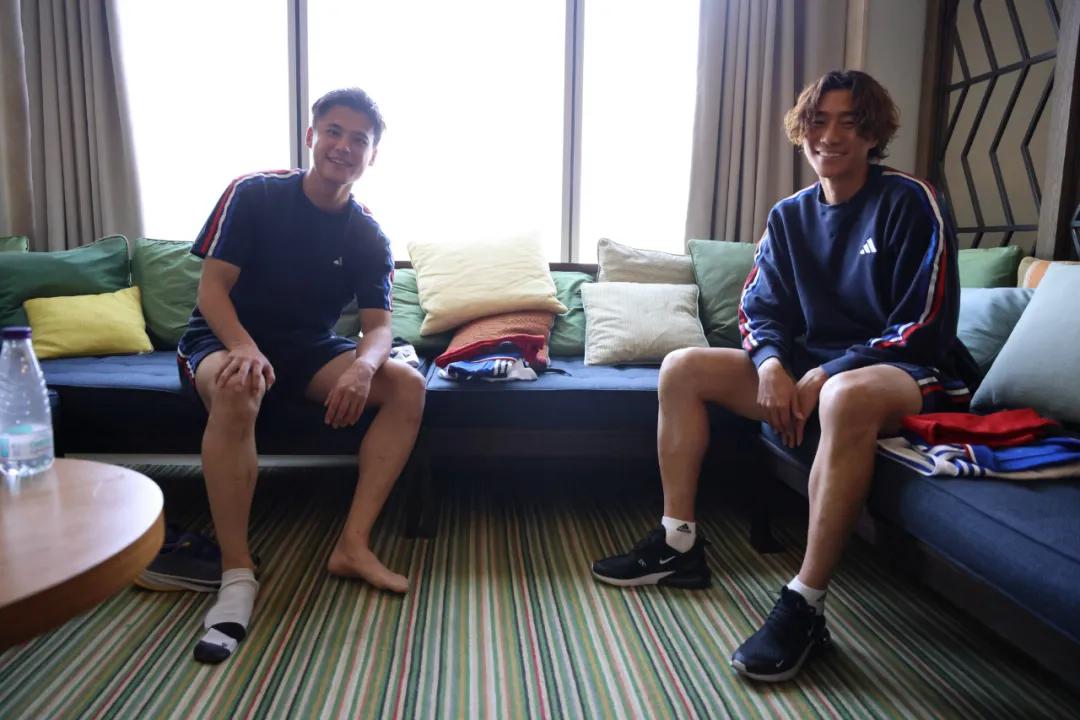
In the quarterfinals of the AFC Champions League, the J-League also sent an official delegation to Saudi Arabia, in addition to helping two Japanese teams, and at the same time shouldering the mission of "football diplomacy". This is the best opportunity for the J-League to promote Japanese football to the whole of Asia, last season Yokohama Mariner lost 3-6 on aggregate to UAE's Al Ain over two legs, but in the last seven seasons, Japanese teams have reached the AFC Champions League final five times and won three times, and the AFC Champions League is one of the best stages for Japanese football to prove that it has the best top competition in Asia.
For Chinese football, the AFC Champions League is also an important stage that cannot be ignored in addition to the round of 18 and the Asian Cup, and it must be attached great importance even if it is difficult. Under the current AFC Champions League system, if the Chinese Super League team is absent from the quarterfinals for a long time, the influence of the Chinese Super League and even Chinese football will inevitably decline further. Ahead of the AFC Champions League Elite League, which will begin in the second half of the year, Chinese teams should understand the value and significance of going all out.
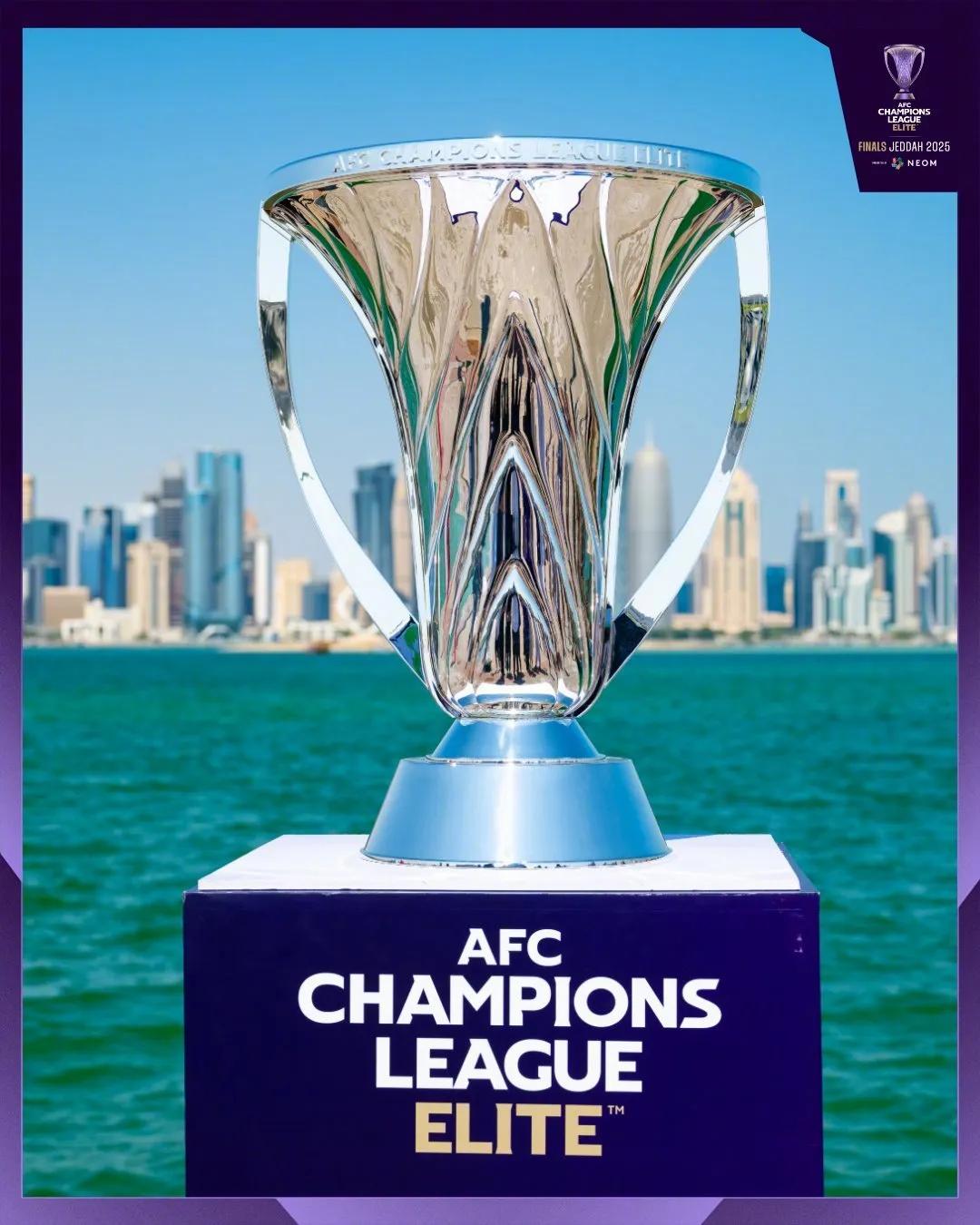


Wonderfulshortvideo
Things you really love to see


Neymar highlights neymar edit neymar lamine yamal celebration


Arsenal 1-0 chelsea havertz goal


Ahead of his 100th cap, Sir Keir Starmer had this message for Maro Itoje…


yamal goal yamal instagram yamal dribble barcelona 2-1 albacete yamal highlights yamal edit


casemiro goal casemiro assist casemiro 6 7 celebration


"Can I just start off by saying I want to congratulate Maro on 100 tests... He's a great bloke and a great player."








 Links
Links
 Contact
Contact
 App
App


